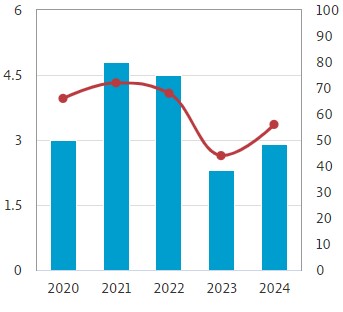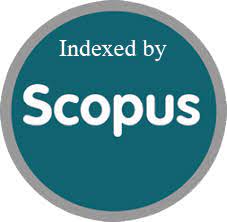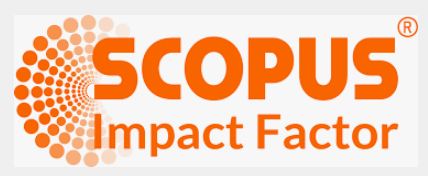Evaluating Intelligent Load Prediction Approaches for Reliable and Fault-Tolerant e-Governance Service Delivery
Abstract
The fast growth of e-Governance services means that computing infrastructures need to be strong and efficient enough to handle changing workloads. To make sure that services keep running, resources are allocated ahead of time, and performance is optimized, it is important to be able to accurately estimate how much system resources will be used, especially CPU load. This research delineates the design and development of an innovative load prediction model for e-Governance services utilizing Artificial Intelligence (AI) methodologies, drawing on the Kaggle Borg Traces dataset, which comprises 405,894 entries documenting CPU, memory, and schedule metrics from Google’s cluster management system. The methodology included a structured pipeline that included data pretreatment, feature extraction, and transformation. This included standardizing timestamps, parsing fields that seem like dictionaries or arrays, and dealing with missing values. Advanced feature engineering included low-variance filtering, removing high-correlation features, making custom temporal features including lagged CPU utilization and rolling statistics, and applying Principal Component Analysis to reduce the number of dimensions. We trained and tested five regression models: XG-Boost, Gradient Boosting, Linear Regression, K-Nearest Next Door neighbors, and Support Vector Regressor. We used Mean Absolute Error (MAE), root average squared error (RMSE), and R² Score to do this. The findings indicate that XG-Boost surpassed all models, achieving MAE = 0.0001, RMSE = 0.0002, and R² = 0.9998, closely followed by Gradient Boosting with MAE = 0.0002 and R² = 0.9992, whilst SVM demonstrated inadequate generalization. The research demonstrates that AI-driven ensemble models are efficient for robust load forecasting, facilitating scalable, fault-tolerant, and citizen-centric e-Governance frameworks.




